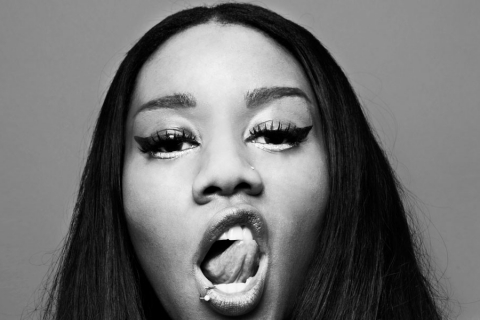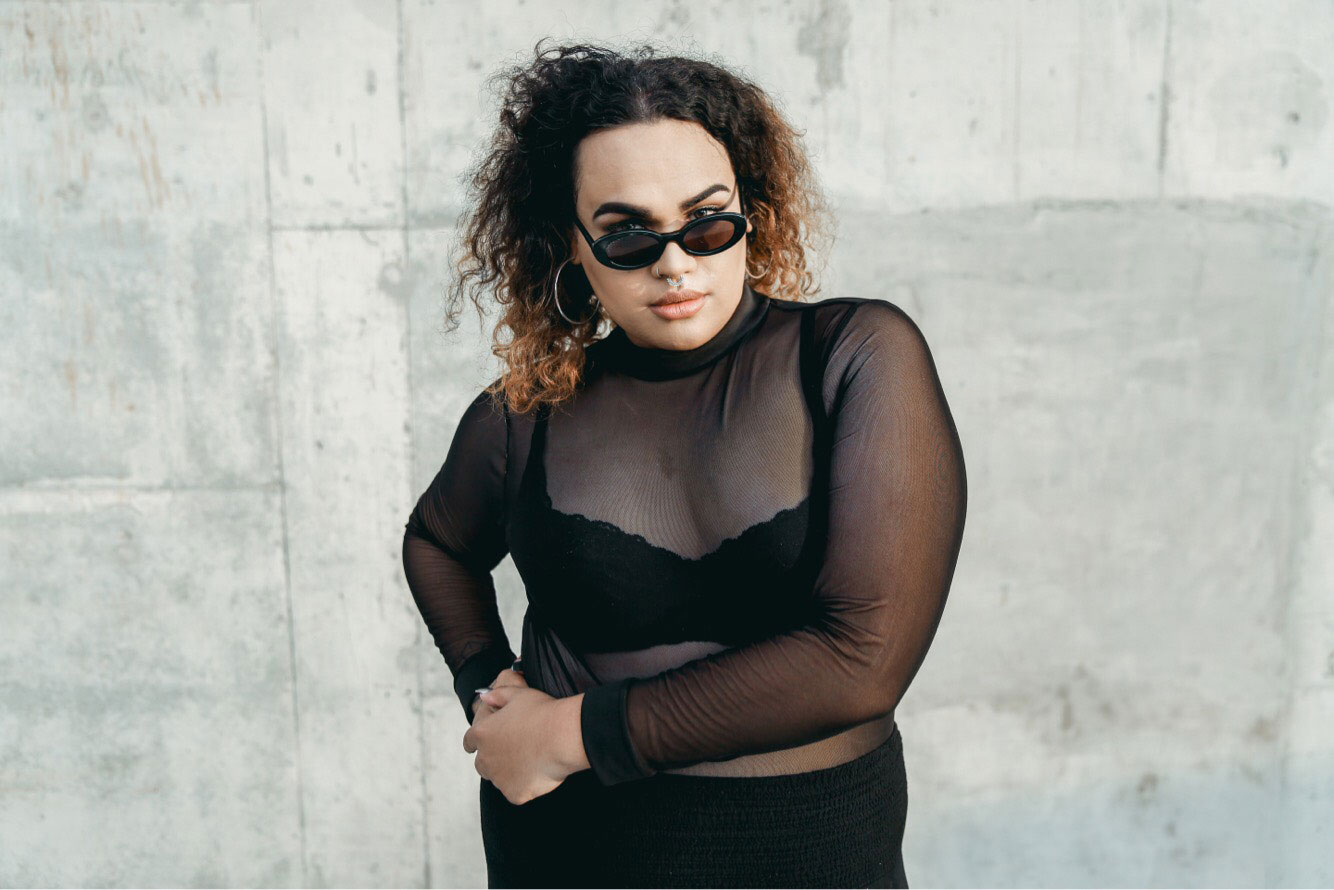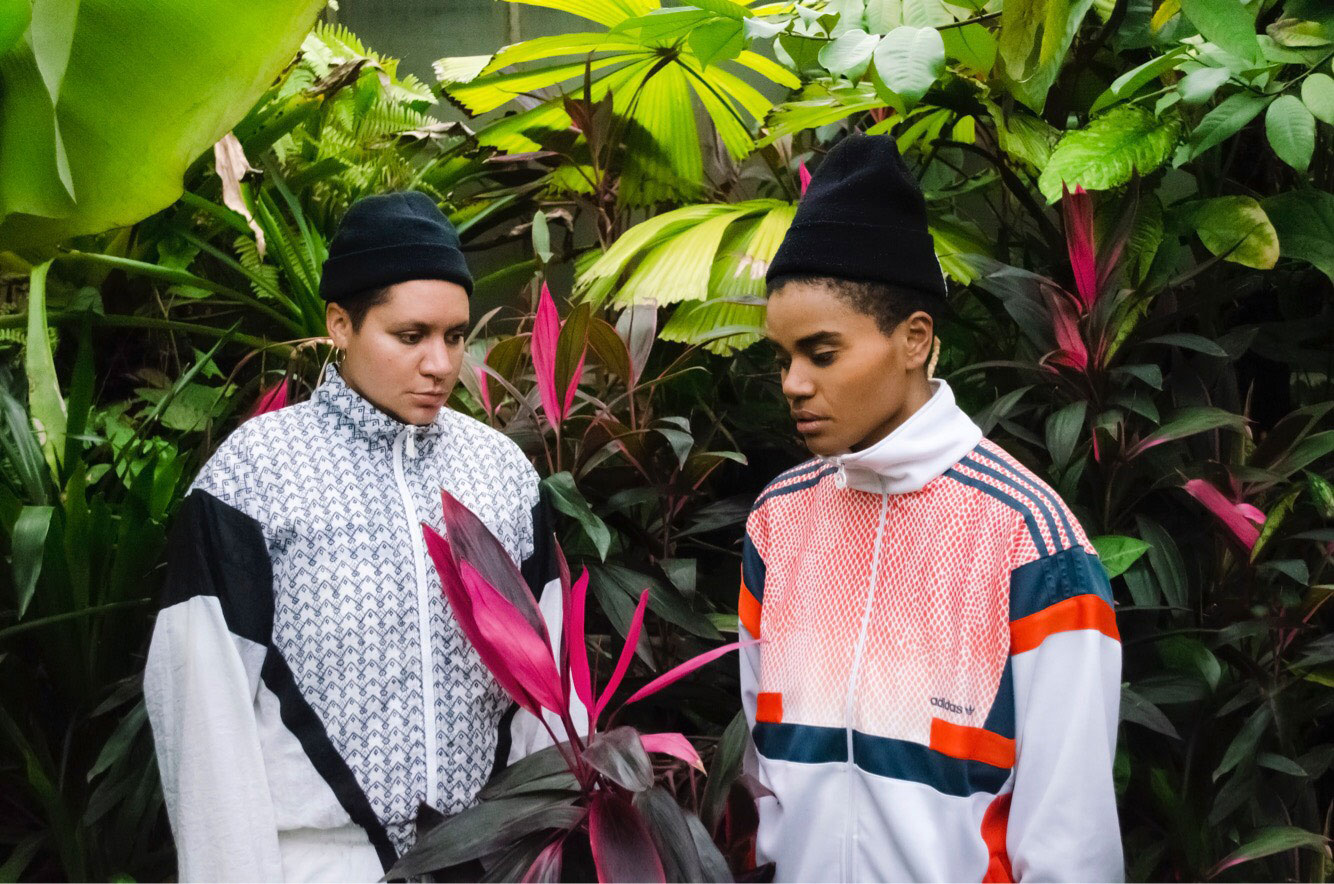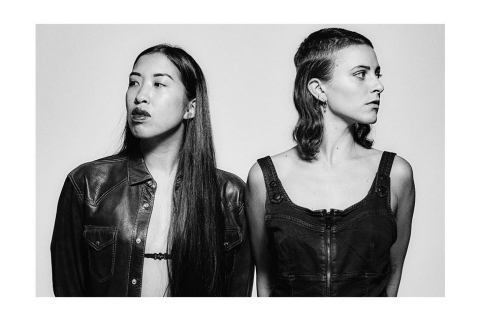
Hip-hop is a source of solace for voices that often go unheard and a celebration of resilience – made for and by black people. Australia’s hip-hop scene however remains at odds with that. A quick look at mainstream radio plays and music charts is revealing of an intrinsically white and exclusionary hip-hop scene. White rappers have always been a point of contention – is it right, is it wrong, is it culturally appropriative?
Australia’s fascination with American black culture isn’t lost on me. Recently at Chance the Rapper’s Melbourne show, rather than any local support acts we were treated to a haphazard playlist of rap tracks. When iTunes shuffle ticked over to Kendrick Lamar’s ‘Alright’, the crowd transformed from a room of iPhone scrolling 20-somethings into an elated, sweaty mosh pit of white people screaming “we gon’ be alright”. I turned to my friend and said, “I’m going to take a guess and say they’re already ‘alright’”. I watched as Kendrick’s message fell on pale deaf ears. That same passion that they show for black culture doesn’t translate into the investment and elevation of black hip-hop artists in Australia.
Once you delve beyond our mainstream charts there is a rich and deeply interconnected community of artists creating hip-hop that isn’t serving lyrics about popping pills at Pyramid Rock. It’s political; it dives into race issues, queer issues, trans issues, stories of anger and of joy. But why aren’t they achieving the mainstream success they deserve?
The opinions I’m most interested in are of those who are overlooked, spoken over, and ignored – black women and black non-binary folk. I decided to speak with six of the country’s finest hip-hop artists and get their thoughts on Australia’s white hip-hop problem.
In Part 1, we hear from Miss Blanks and Kandere’s Wahe Kavara and Lakyn Tarai.
Kish Lal is a contributor for ACCLAIM. She’s a lady on the streets and lacks impulse control in the tweets. Don’t @ her – @kish_lal





